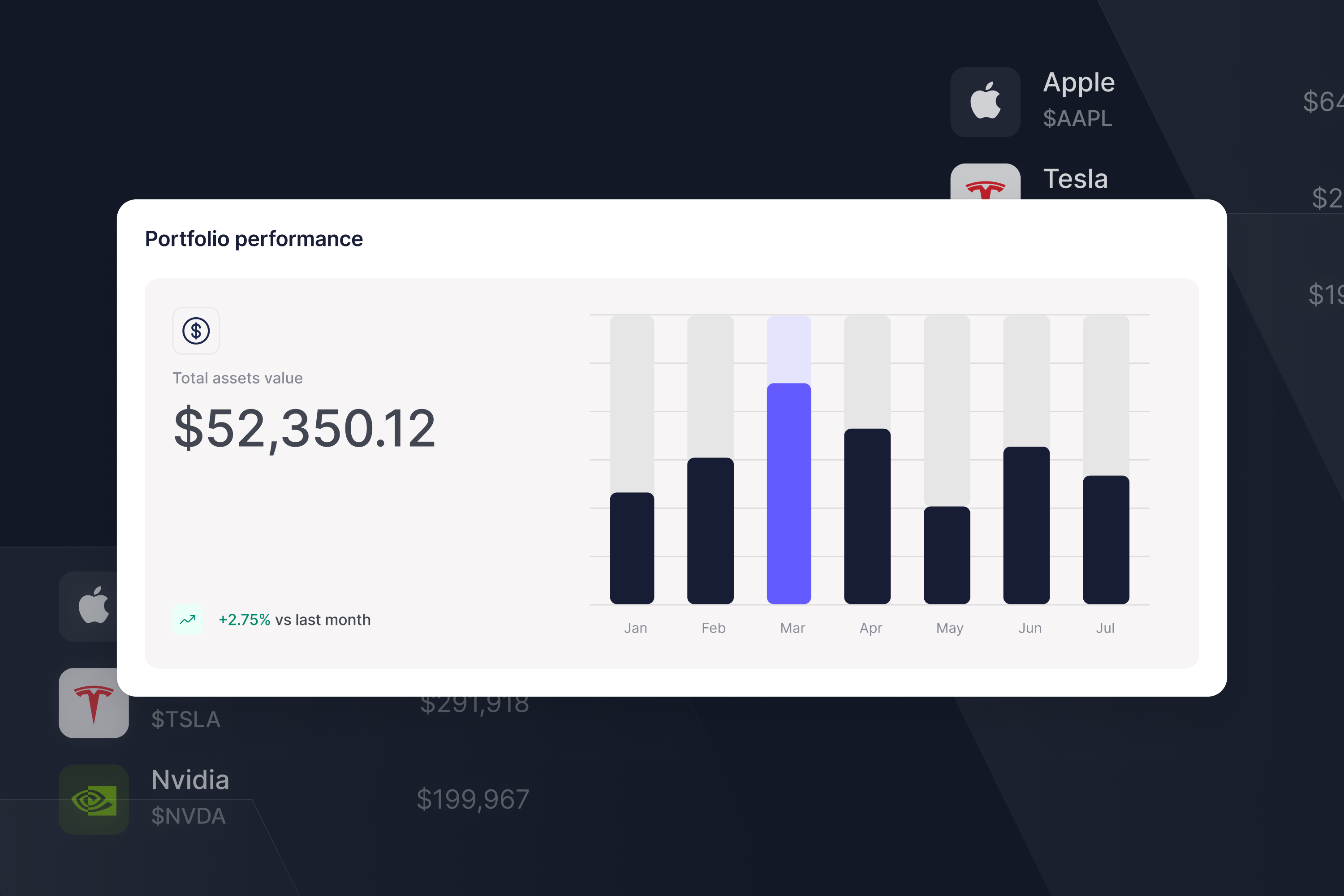
FEATURED ARTICLE
Tax Planning for Realized Gains and Ordinary Income
Tax planning strategies for realized gains and ordinary income

Tax planning strategies for realized gains and ordinary income


You’ve worked hard to build your assets, and naturally, you want to pass on as much as possible to your loved ones. You might be worried about estate taxes – the potential tax bill your estate could face upon your passing. But there’s another crucial tax consideration that often gets overlooked, especially when planning which assets to leave behind: capital gains tax. And understanding a concept called “step-up in basis” can be a game-changer for your heirs.
What’s “Basis” Anyway?
Think of “basis” as the starting point for measuring profit (or loss) for tax purposes. For an asset you purchased, like stock or real estate, your basis is generally your original purchase price, plus any significant improvements (for real estate) or minus certain deductions like depreciation.
Why Does Basis Matter? Capital Gains Tax.
When you sell an asset for more than its basis, you have a capital gain. That gain is potentially subject to capital gains tax.
Introducing the “Step-Up” – A Powerful Tax Break at Death
Here’s where things get interesting for estate planning. Under current U.S. federal tax law (as of April 1, 2025), when someone inherits an asset directly from your estate after you pass away, the basis of that asset generally “steps up” (or sometimes steps down) to its fair market value on the date of your death.
Let’s See the Step-Up in Action:
Imagine two scenarios for that XYZ Corp. stock currently worth $11,000 with a $1,000 basis:
The Key Takeaway for Low-Basis Assets:
If you have assets that have significantly appreciated (meaning they have a low basis relative to their current high market value), holding onto them and allowing your heirs to inherit them directly can provide a substantial tax benefit by eliminating potentially large capital gains taxes thanks to the step-up in basis.
But What About Estate Taxes?
This is where planning becomes crucial. While the step-up is great for capital gains, keeping highly valuable assets in your name until death means they are included in your estate for calculating potential estate taxes.
For 2025, the federal estate and gift tax exemption is $13.99 million per person (this amount is indexed for inflation but is scheduled to decrease significantly in 2026 under current law). If your total estate value is well below this threshold, holding onto low-basis assets to maximize the step-up for your heirs is often a very smart strategy.
However, if your estate is large enough to potentially owe estate taxes, you face a balancing act: Do you keep assets in your estate for the step-up, potentially paying estate tax? Or do you move assets out of your estate to save on estate taxes, potentially sacrificing the step-up?
The short answer is you often aim to keep or move the low basis assets back in your estate and move the high basis outside of your estate before you pass away. If you want help thinking through this you can set up time with our team to chat through this.
We’ve built a platform that makes advanced tax planning – once reserved for ultra-high-net-worth individuals – accessible to everyone. With Valur, you can reduce your taxes by six figures or more, at less than half the cost of traditional providers.
From selecting the right strategy to handling setup, administration, and ongoing optimization, we take care of the hard work so you don’t have to. The results speak for themselves: our customers have generated over $3 billion in additional wealth through our platform.
Want to see what Valur can do for you or your clients? Explore our Learning Center, use our online calculators to estimate your potential savings or schedule a time to chat with us today!
Ready to reduce your capital gains tax?
Free 15-min consult · No obligation · Capital Gains